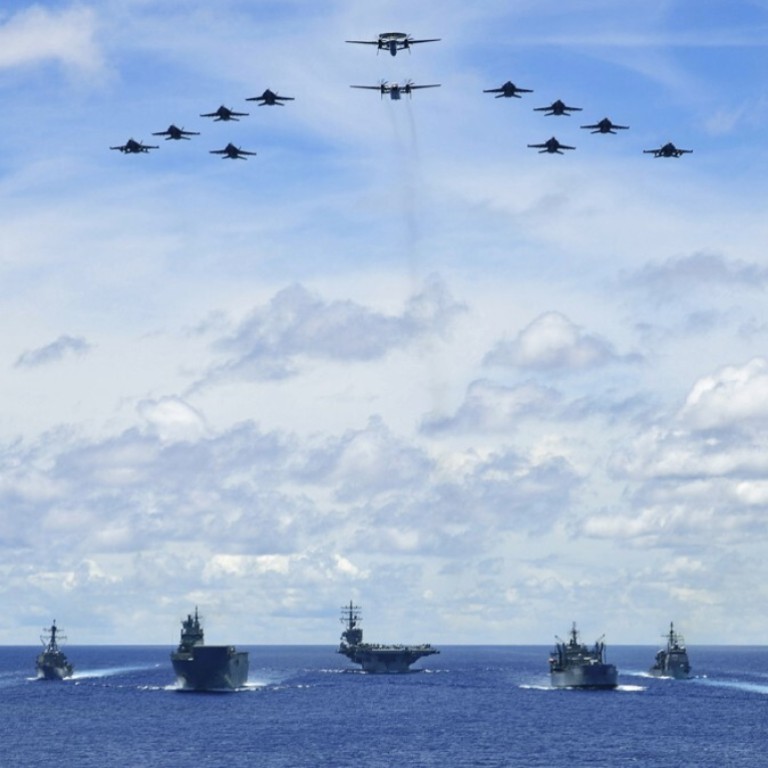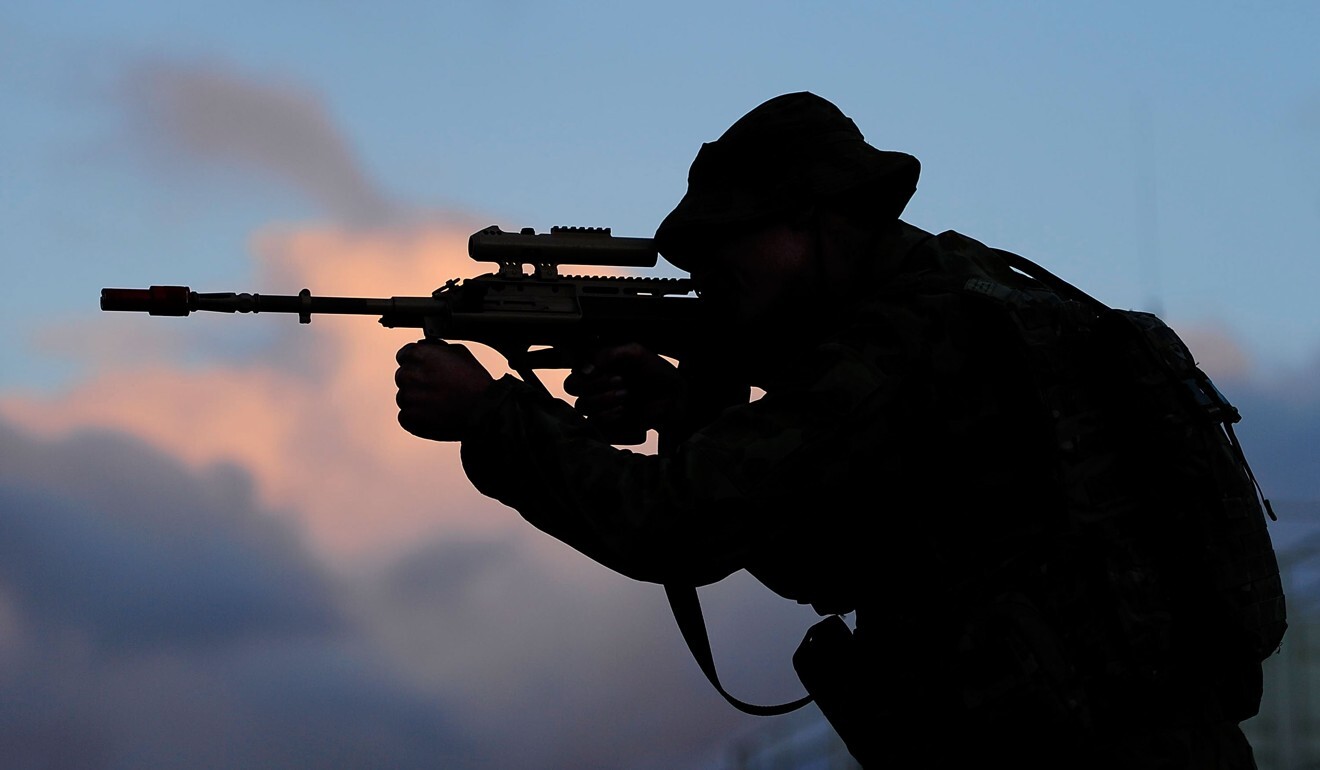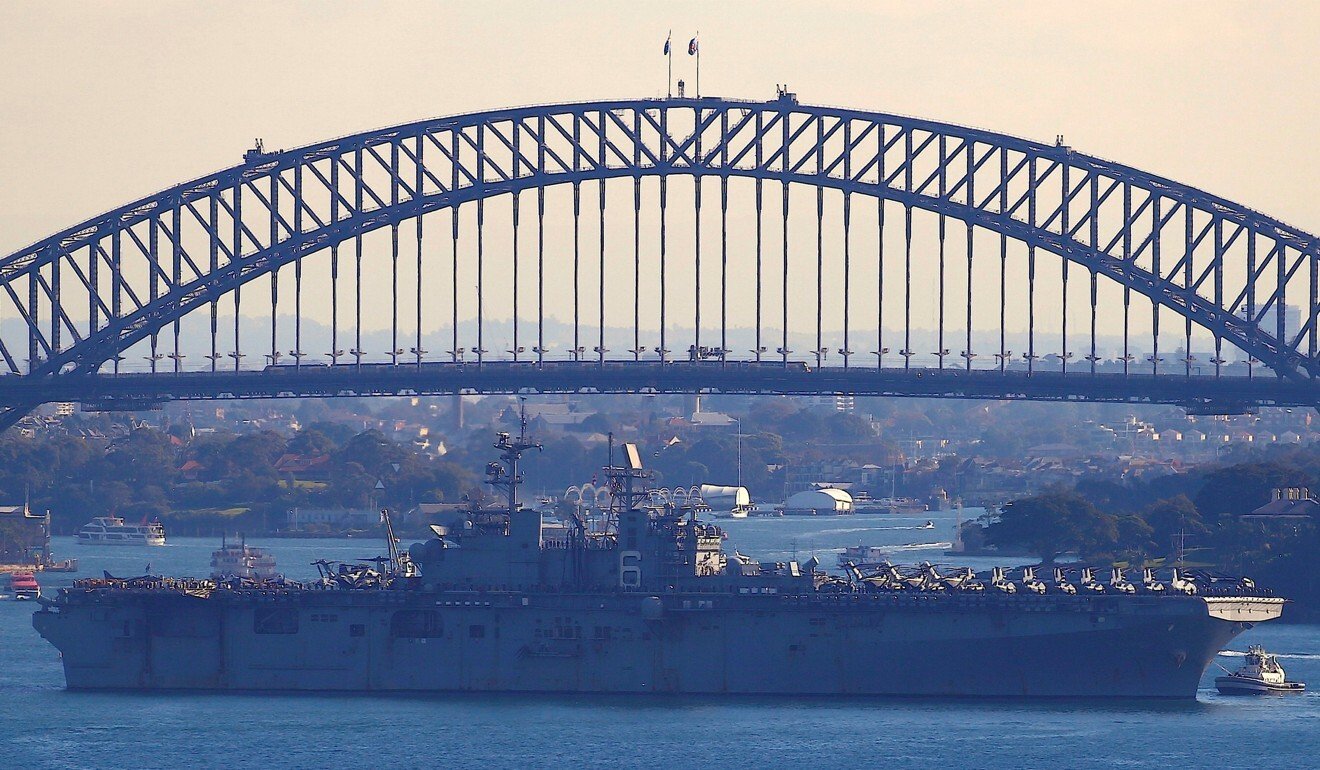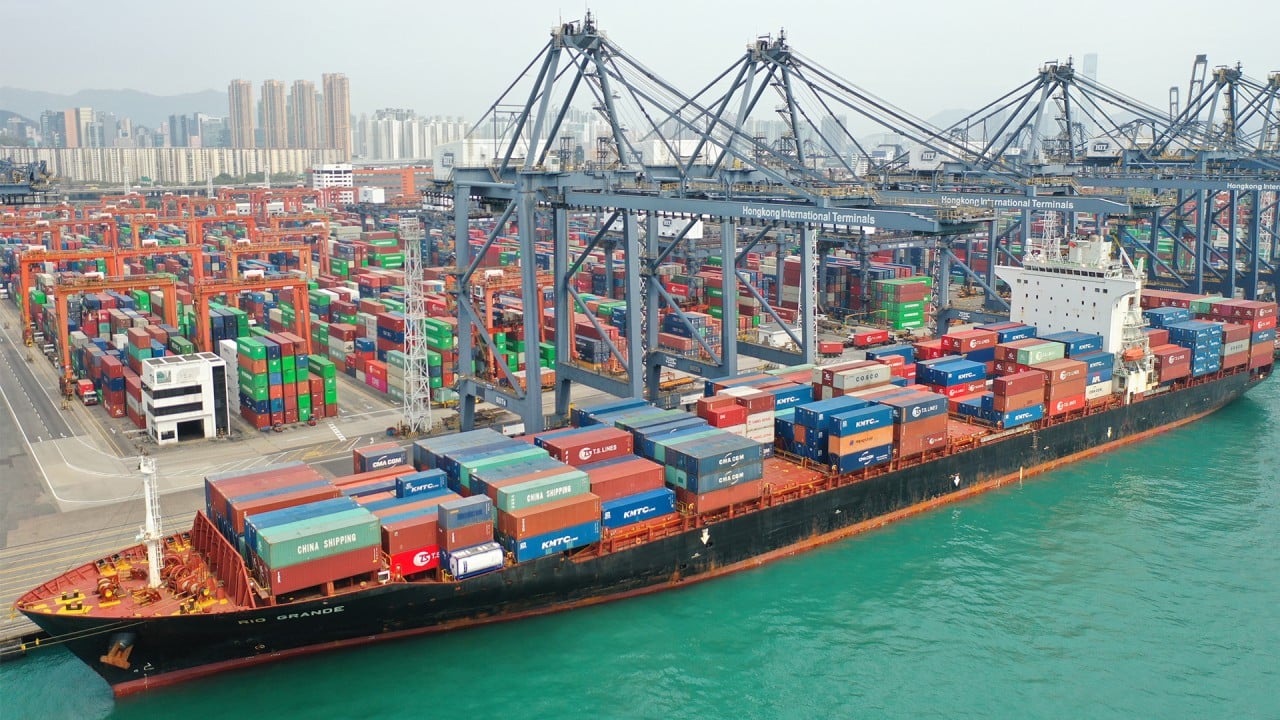
Leak of Australian commander’s China comments fuels further talk of war
- Major General Adam Findlay told special forces troops in a private briefing last April to prepare for possibility of conflict with China, newspaper reports
- The rhetoric over Taiwan has divided analysts with one calling such talk irresponsible and another saying it’s a wake up call for Australian security
The report on Findlay’s comments comes after two senior government figures raised the possibility of Australia becoming embroiled in a regional military conflict.

The rhetoric has divided defence and foreign policy analysts, with former foreign minister Bob Carr writing in an op-ed this week that Australian diplomats “ought to be identifying the off-ramps that will avoid this nightmare” of a “blood sacrifice of millions and near-ruin of half the planet”.
In his briefing, military commander Findlay reportedly said that China knew “Western democracies have peace, and then, when they cross a line, we get really angry.
“Then we start bombing people. China said, let’s be smarter. Let’s just play below the threshold, before it goes to war,” The Sydney Morning Herald quoted him as saying.
Australia would be wise not to pound ‘drums of war’ over Taiwan
John Blaxland, a former intelligence officer who is now a professor at the Strategic and Defence Studies Centre at the Australian National University, said the military commander would not have leaked the briefing, and he suspected it was disclosed by a member of Dutton’s inner circle “to prove the point that it is not just Peter Dutton speaking, this is a considered opinion by a practitioner who knows his stuff”.
He said Findlay’s briefing was not unusual in a military setting, but its leaking was intended as a wake-up call to Australia as it faced an increasingly uncertain security environment amid China’s rise.
“What we’ve seen in the last few years is that sense of China’s benign trajectory has just vaporised in the face of wolf warrior diplomacy and the repeated exercise of sharp power around the world, and now particularly aimed at Australia,” said Blaxland.
“It’s not that there are drum beats in Australia, it’s that there’s talk of drum beats in Beijing,” he said. “That’s the issue.”

However, Hugh White, a former senior defence official and prime ministerial adviser, said government figures were irresponsible for “talking up the risks of war”.
“The most plausible explanation is that they see political benefit in being seen to talk tough about China at a time when anger towards China in Australia is high and rising,” said White, an emeritus professor at the Australian National University.

09:20
Trade ‘only one part of the battle‘ in China-Australia dispute, says legal expert Bryan Mercurio
Michael Goldman, Washington’s top-ranked diplomat in Australia, last month told an Australian National University podcast that the allies had been carrying out “strategic planning” about potential joint responses to a conflict over Taiwan.
Sam Roggeveen, director of the International Security Program at the Sydney-based Lowy Institute, said it was important for Australia to have a public debate about its security needs amid uncertainties about Washington’s continuing influence in the region.
“I think there’s still a way to go before we fully internalise the fact that we are now living in a region in which our friend and ally is no longer the leading strategic power,” Roggeveen said. “To the extent that conversation becomes more public, I think that’s entirely to be welcomed, particularly if it means Australia is going to need to pay more attention to this region and potentially spend a lot more money.”
Is China using its clash with Australia as a warning to the world?
Roggeveen said he did not find Findlay’s briefing surprising, but would like to see the full context of his remarks given the “loaded” meaning of his warning that there was a “high likelihood” of conflict.
Benjamin Zala, a research fellow in international relations at ANU, said recent commentary had been full of “half-baked assumptions about both American and Chinese intentions” that appeared to treat war as inevitable.
“The comments of Major General Findlay and others are based on the assumption that any attempt by China to undermine America’s position in Asia is a sign that Beijing has unrestrained expansionist intentions,” said Zala.
“For the major general, it doesn’t appear possible that China, like all great powers before it, is trying to push out what it sees as a hostile power from its own immediate neighbourhood. Instead, he sees an aggressive power bent on threatening countries like Australia.”
“Australia’s interests would be served by a serious public discussion about the pathways to war in Asia with a focus on the choices and policies that might prevent war,” Zala said.

